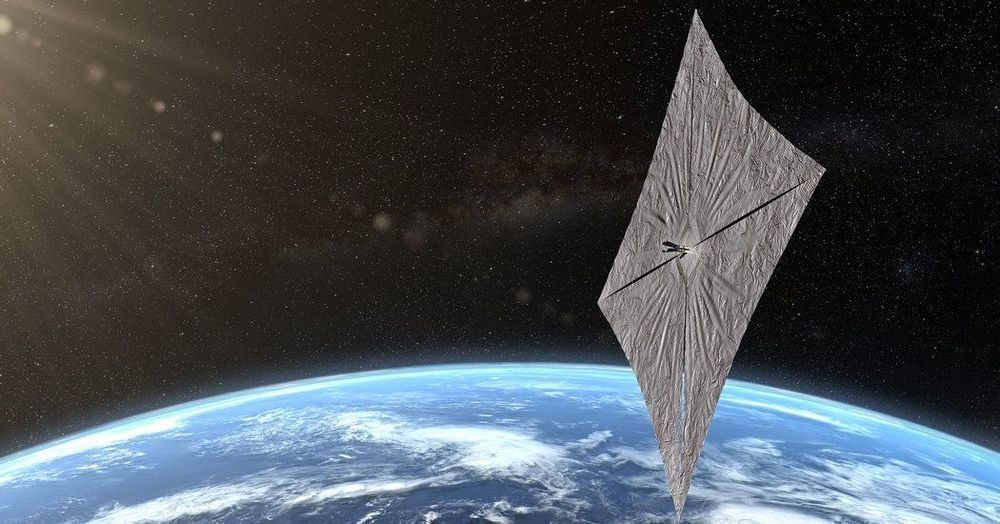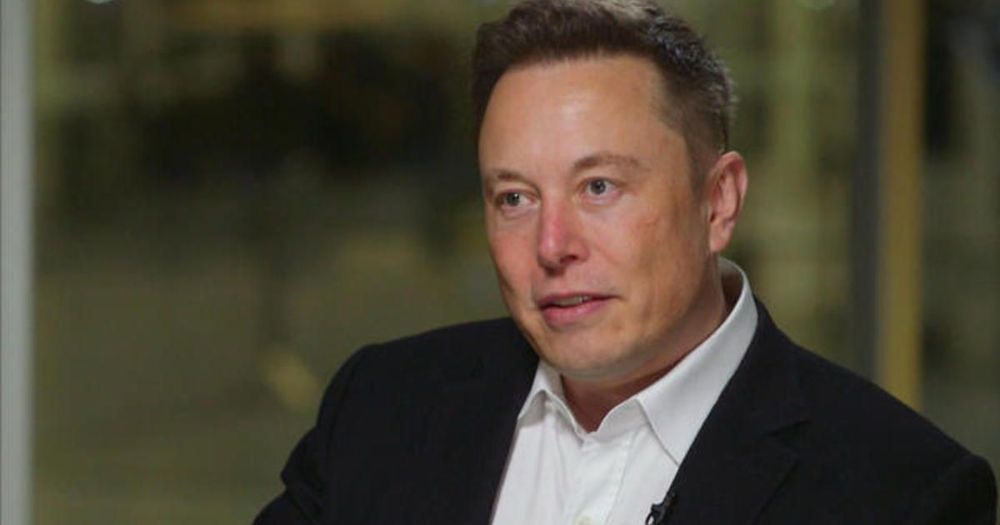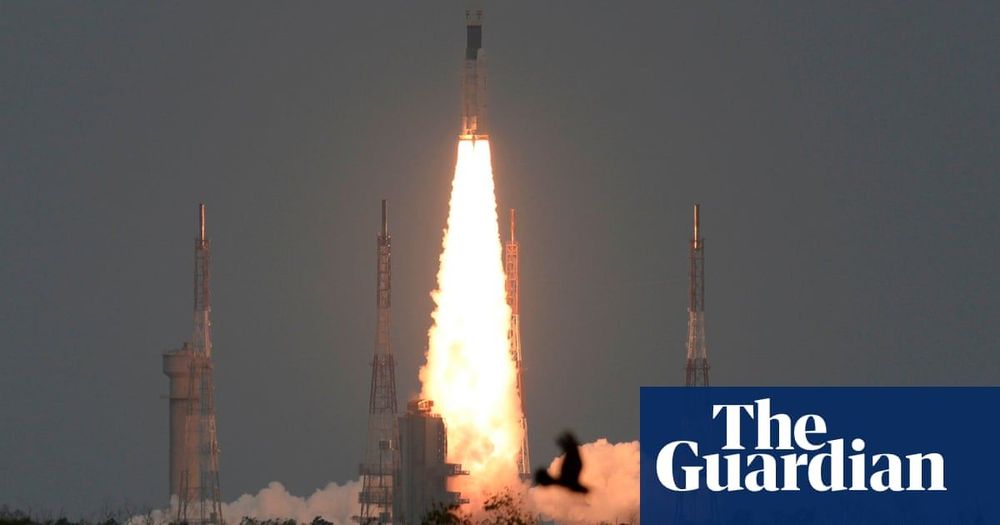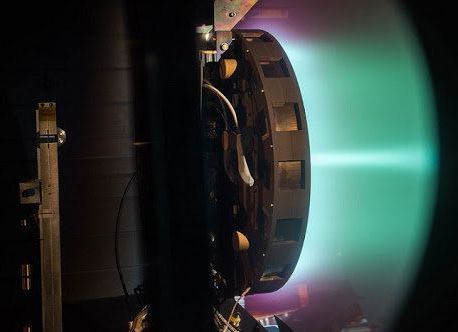The Planetary Society deployed LightSail 2, aiming to further demonstrate the potential of solar sailing for space travel.



For Kenneth Church, sending a 3D printer that could one day print viable human organs to the International Space Station was a personal decision.
Church’s daughter, Kendie Hope, suffered from a diaphragmatic hernia when she was little that prevented her right lung from growing.
“It turned out that my kid shouldn’t have lived,” Church, who is the CEO of nScrypt — an Orlando-based manufacturer that sells 3D printing equipment, said.

As the founder, CEO and lead designer at SpaceX, a private company that makes rockets and spacecraft, Elon Musk envisions a time when his reusable rockets will bring people to the moon and Mars. He’s focused on humans becoming a “multi-planet species,” and on the 50th anniversary of the Apollo 11 mission, he speaks with Jeffrey Kluger (editor-at-large at Time magazine, and the co-author of “Apollo 13”) about his vision for the future.

It will take more than six weeks to travel about 238,600 miles (384,000km) to the moon. The four-tonne spacecraft has a lunar orbiter, a lander named Vikram after the founder of Isro, and a rover. The rover, named Pragyan, which means “wisdom” in Sanskrit, will spend two weeks traversing the moon’s surface. The six-wheeled vehicle, which will be deployed in early September, will collect crucial information about the mineral and chemical composition of the lunar surface, and search for water.
It was, he added, a “fully indigenous” project, using Indian technology.
Chandrayaan-2 aims to become the first mission to conduct a surface landing on the lunar south pole region, where it will collect crucial information about the moon’s composition. It would be India’s first surface landing on the moon – a feat previously achieved by only Russia, the US and China.
The $141m (£113m) mission is a “demonstration of the growing sophistication of India’s space power”, said Dr Rajeswari Pillai Rajagopalan, head of the nuclear and space policy initiative at the Observer Research Foundation thinktank in Delhi.
The incredible power of the GPU! Next gen consoles are gonna be lit! 😍.
Half-a-century has passed since mankind first set its foot on the moon. And while NASA is preparing to send the first woman to the moon, some humans still believe that space exploration done by US-based agency NASA was nothing more than a fake moon mission.
Anyway, July 20 was the 50th anniversary of the Apollo 11 Moon mission. On this occasion, Nvidia — a US-based company which designs graphics for computers — made an effort to debunk conspiracy theories and find out if Neil Amstrong and Buzz Aldrin actually landed on the moon or if it was just a dark film studio.
Nividia put out their GPUs based on the new Maxwell architecture to digitally recreate the 45-year-old iconic photo of Buzz Aldrin (taken by Neil Armstrong) climbing down from the lunar module.
Countdown to the 50th anniversary of the Moon landing: We’re proud to join NASA’s quest to return to the Moon! We’re contributing Canadarm3, a smart robotic system that will help maintain the Lunar Gateway, a small space station in lunar orbit!
Video: CSA/NASA

X3 is a powerful ion thruster that could one day propel humans beyond Earth. The thruster was successfully tested few months ago, and could be selected by NASA as a crucial component of propulsion system for future Mars missions.
X3 is a Hall-effect thruster—a type of ion thruster in which the propellant (most commonly xenon) is accelerated by electric and magnetic fields. Such thrusters are safer and more fuel efficient than engines used in traditional chemical rockets. However, they currently offer relatively low thrust and acceleration. Therefore, engineers are still working to make them more powerful.
Nearly 31.5 inches (80 centimeters) in diameter and weighing around 507 lbs. (230 kilograms), X3 is a three-channel nested thruster designed to operate at power levels up to 200 kW. The thruster is jointly developed by the University of Michigan (U-M), NASA and the U.S. Air Force. The project is funded through NASA’s Next Space Technologies for Exploration Partnership (NextSTEP).
50 years ago today, Apollo 11 landed on the moon. It took 4 days and an incredible mid-flight rotation to accomplish.
50 years after the first Moon landing, humanity is getting ready to go back. Countries and companies are planning dozens of lunar missions—for research, for resources and even for tourism, which begs the question: who, if anyone, owns the Moon?
Click here to subscribe to The Economist on YouTube: https://econ.st/2xvTKdy
Who owns this? Is it America — the country that planted a flag on it?
Or this man — who has been selling plots of it for almost 40 years?
Or is it us — and anyone else who bought one and has the certificate to prove it?
Today many believe the Moon could be the next frontier for tourism, space exploration or even the mining of precious natural resources. Which means this question might be about to become a lot more important.
In 1969 an estimated 650m people watched as Neil Armstrong took his first step on the surface of the Moon. Five more landings followed. And then for almost 50 years no humans went back. That is about to change.
There are dozens of lunar missions planned over the next 20 years and some will carry crews. The first to land could be in 2024 when NASA hopes to send a crew to the lunar south pole — where it’s believed water may be frozen in craters. That crew may well include the first woman to land on the Moon.

As the world celebrates the landing of American astronauts to the Moon, a crown just landed on the head of a Filipina conquering the Universe! #Apollo11 #Apollo50th #MissUniverse